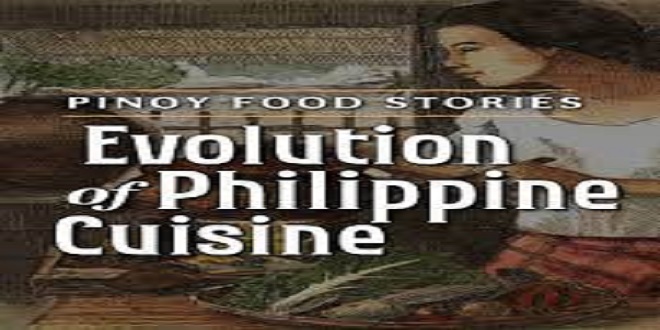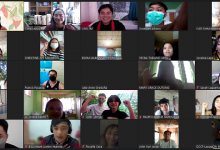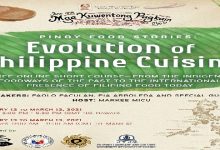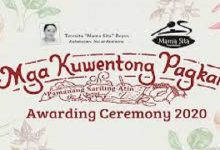
Mama Sita’s Mga Kuwentong Pagkain Evolution of Philippine cuisine kicks the year off with a special 3-day webinar series in partnership with the Universidad de Dagupan’s School of International Hospitality Management.

The event plans to focus on the origins of Filipino cuisine, as well as the different external influences that make it what it is today. Participants, composed of different students in the university as well as other colleges in the area, will be able to gain a better appreciation of how the roots of our Filipino taste buds influenced the dishes we create and eat today.
From February 22 to 24 at 10 AM, listeners can better understand how indigenous Filipinos prepared, cooked, and ate their food. Food historian Felice Sta. Maria introduces in Pigafetta’s Philippine Picnic the first interactions of indigenous Filipinos with the Europeans, as well as the different food and drinks offered to them by the natives. Director for the Center of Philippine Studies at the University of Hawaiʻi at Mānoa Dr. Pia Arboleda will also talk about the origins of Adobo, and how it is a dish that is distinctly Filipino.
The series will also feature different topics on the many external influences on Filipino food, coming from our Southeast Asian neighbors, Chinese trade, and the Spanish Galleon Trade. And on the last day, different cooking demonstrations will be shown for participants to gain a better appreciation for the different styles, methods, and variations of favorite Filipino dishes such as sinigang and palabok. The Universidad de Dagupan will also demonstrate how to make smoked bangus and bottle it Spanish-style.
This event is open to the public. To register, participants can sign up through Google Forms at https://forms.gle/LvsoFJj1PRVQDMRB8.
The 3-day event features different resource speakers who will share their knowledge on a wide range of topics. These include researchers, lecturers, chefs, and more.
Felice Sta. Maria’s Pigafetta’s Philippine Picnic is now available from the National Historical Commission of the Philippine’s website, the Ayala Museum Store, and other major bookstores in the Philippines.







